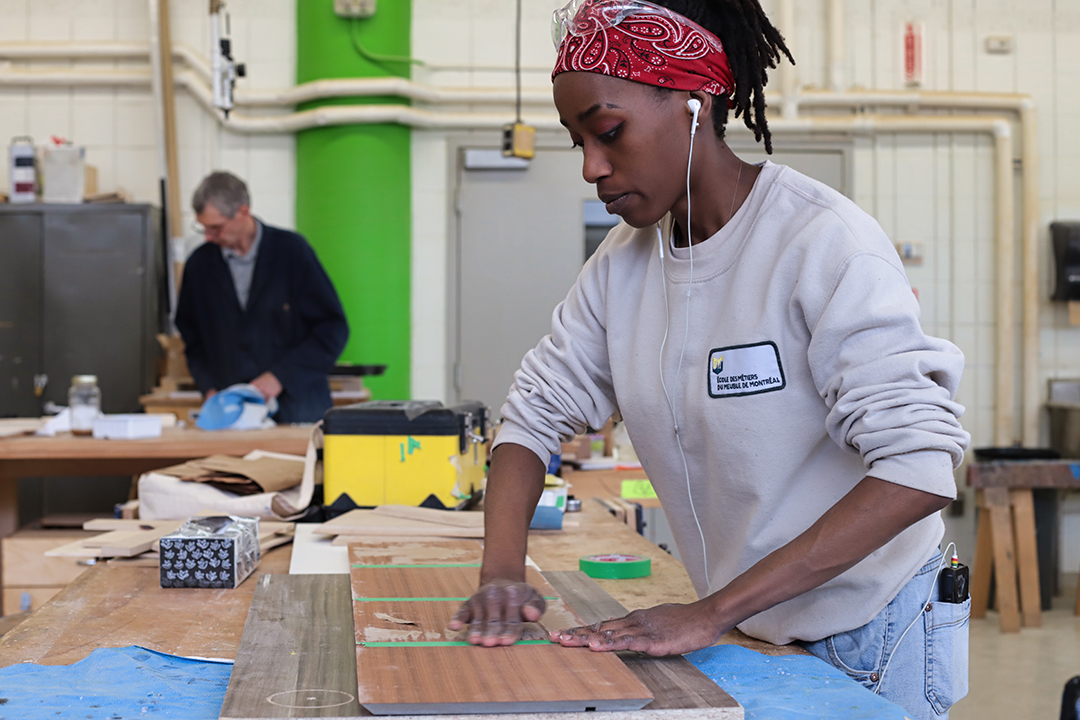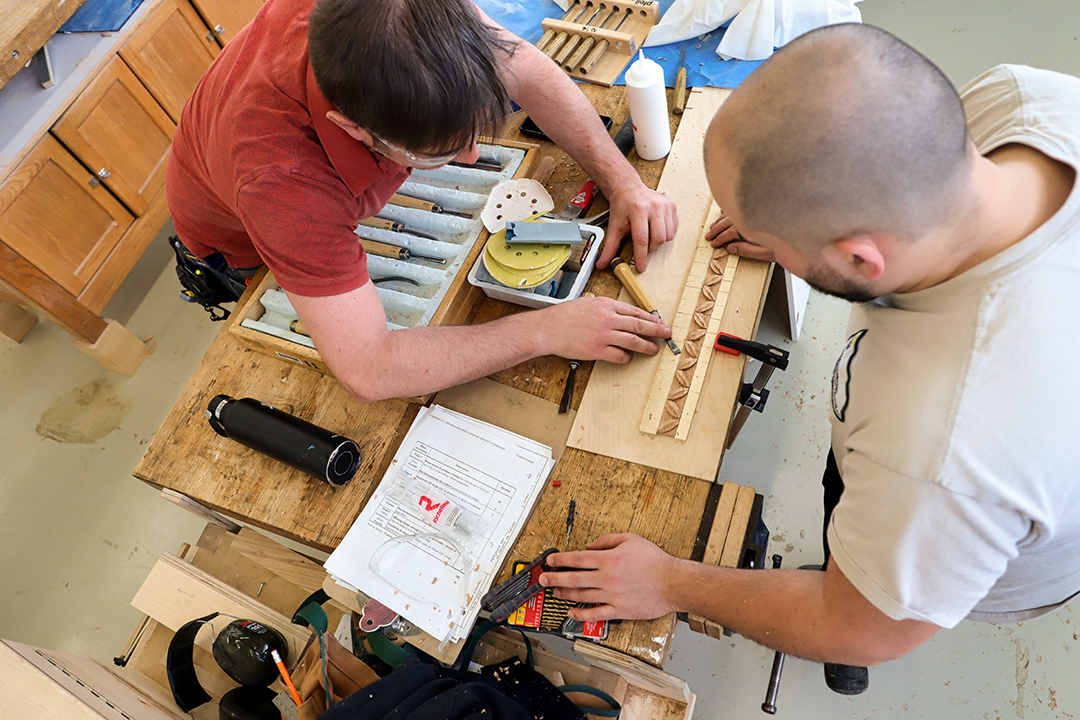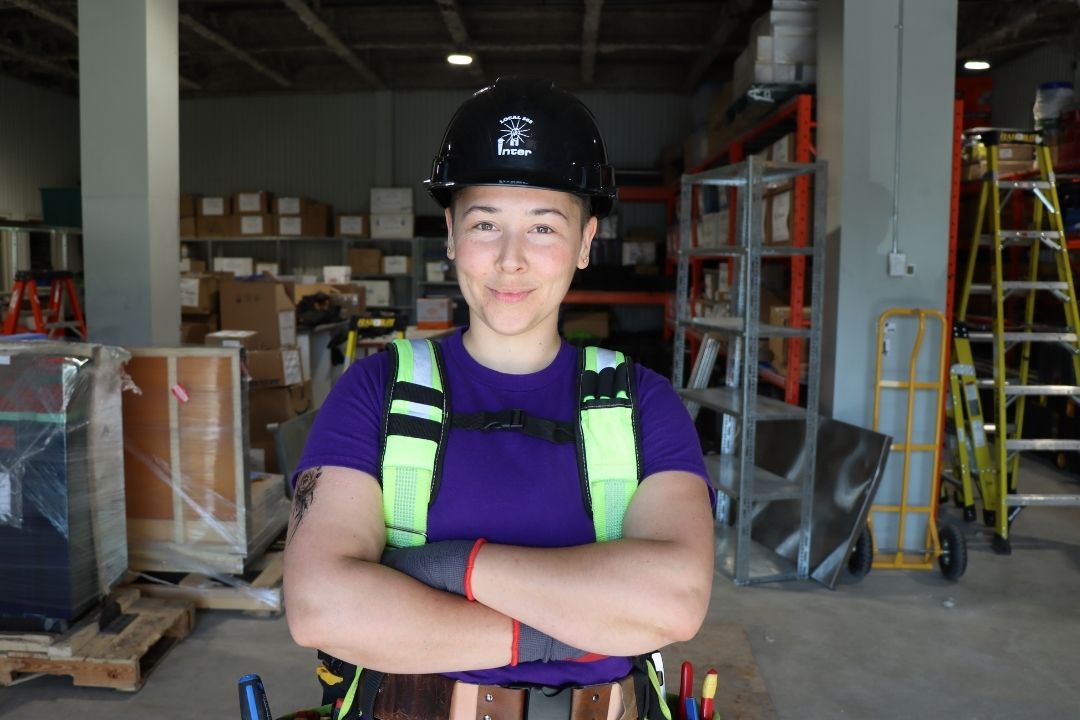1. Programs Start Year-Round

Most vocational training centres operate on flexible schedules, allowing admission anytime during the year. Programs start in multiple cohorts—even as often as game-changing intervals in a single school year.
2. Excellent Job Prospects in High-Demand Sectors

Construction, healthcare, mechanical manufacturing, computing support—vocational training prepares you for roles in sectors actively hiring across Québec.
3. Fast Track to the Job Market

With programs ranging between 600–1,800 hours, typically completed within 12–24 months (average: 18 months), you can join the workforce quickly. Plus, about 50 short-term programs (3–6 months) offer fast entry with a Skills Training Certificate (STC).
4. Minimal Cost—Almost Free Education
Tuition is negligible. You'll typically only pay registration fees and a modest materials cost. Financial assistance is available through Services Québec and Québec’s Loans and Bursaries program.
5. Hands-On and Practical Learning

Vocational training is built for practice. You’ll learn through workshops, internships, and projects aligned with real workplace needs—not abstract theory.
6. Flexible Schedules to Fit Your Life
Programs are offered full-time or part-time, in-person or online. You may have the option to study evenings, weekdays, or remotely to fit your lifestyle.
7. Passionate Industry Instructors

Educators are often seasoned professionals—former mechanics, welders, hairdressers—passionate about teaching skills directly relevant to the trade.
8. State-of-the-Art Training Facilities
Québec’s vocational centres are modern and well-equipped to reflect current labour market technology and standards.
9. Builds Motivation and Retention

Vocational training’s results-focused approach keeps students engaged and encouraged to complete their program.
10. A Launchpad to College or University

With a Vocational Diploma (DVS/DEP), graduates can continue their studies in CEGEP or university. Some programs even include bridges or concurrent pathways.